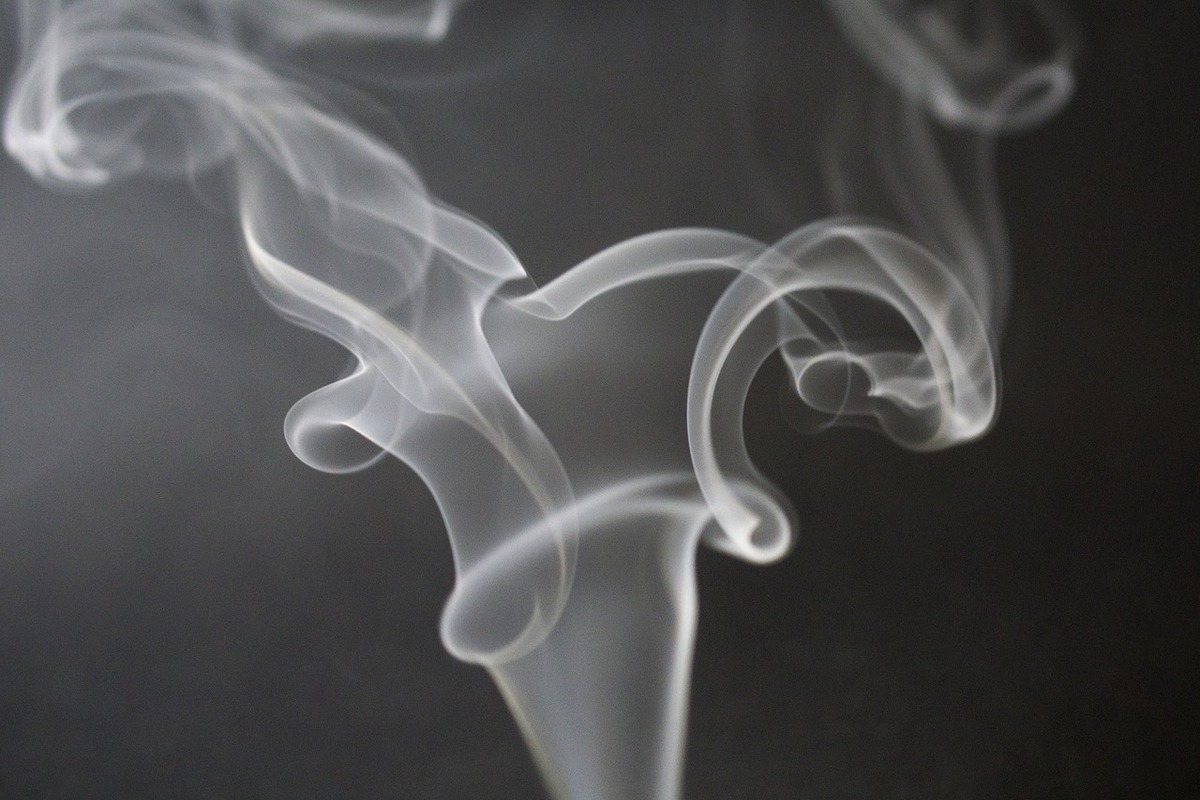The Ministry of Industry and Trade reported a decrease in illicit trafficking in cigarettes and vapes
[ad_1]

Participants of the press conference assessed the results of a study of the tobacco products market
A press conference was held in Moscow dedicated to the results of the V All-Russian study of the market for tobacco products and market research for nicotine-containing products. Conference participants reported a decrease in the share of illicit trafficking in vaping products in Russia from 79% in 2022 to 68% in 2023, cigarettes – from 13.3% to 12.6% compared to mid-2023.
According to the National Scientific Center of Competence in the field of combating illicit trafficking in industrial products and industry experts, a decrease in the share of the black market for vapes by 11% was made possible thanks to a balanced set of measures implemented by the state in 2022–2023: licensing of import and production, mandatory compliance of liquids with EDSN GOST, the introduction of a risk-based approach to retail inspections, a ban on the retail sale of nicotine-containing products without labeling, and others.
Despite the fact that the vape market has begun to whitewash, the indicators of illegal turnover on it still remain significant and do not satisfy the demands of legal business and the state.
Participants in the press conference noted that the potential for further whitewashing of the vape market is highly questionable due to the excise tax rate on ENDS liquids increased by 110% from 2024 (to 42 rubles/ml), at which the difference in the retail cost of a legal product and illegal – almost double. Against this background, it is extremely difficult for legal market participants to compete with illegal ones.
The situation is also aggravated by the significant, according to representatives of the Ministry of Industry and Trade, gap between the current excise tax rate in Russia and the rates in the EAEU countries.
If these factors persist, as predicted by industry experts and confirmed by the results of the NSCC study, consumers will reorient themselves to an illegal product (note: according to the NSCC, 2/3 of consumers consider the possibility of an increase in the price of vapes acceptable, and 76% of consumers say that with an excise tax of 42 rubles they are ready stop consuming legal vaping products), and legal players will be forced to leave the market (67.7% of the heads of surveyed retail outlets surveyed by the National Research Center expect a decrease in demand for legal ENDS with an excise tax of 42 rubles).
In this case, a sharp growth in the illegal sector is inevitable. The consequence of this will be the loss of state control over the product’s compliance with safety requirements and its inaccessibility to minors, loss of state. budget in terms of shortfall in Excise and VAT in the next 5 years of more than 760 billion rubles, as well as an increase in state costs for ensuring control and supervisory activities and medical measures in connection with the mass consumption of illegal products by the population.
Participants in the press conference noted that to prevent such consequences, an objective assessment of the impact of the current excise tax rate on the situation in the vape market and the possibility of adjusting the rate are necessary; accelerating the harmonization of excise tax rates in the EAEU; as well as a set of balanced regulatory measures, including the expansion of a risk-based approach to retail inspections; adoption of amendments on extrajudicial blocking of Internet resources to the Law “On Information” in order to strengthen control over the remote distribution of vapes; transfer of part of the revenue from excise taxes to regional budgets in order to further motivate regions to fight for the legality of their markets, as well as the inclusion of nicotine-containing products in the List of Strategically Important Goods for the purposes of Article 226.1 of the Criminal Code of the Russian Federation, which provides for punishment for smuggling – up to 7 years in prison.
[ad_2]
Source link






